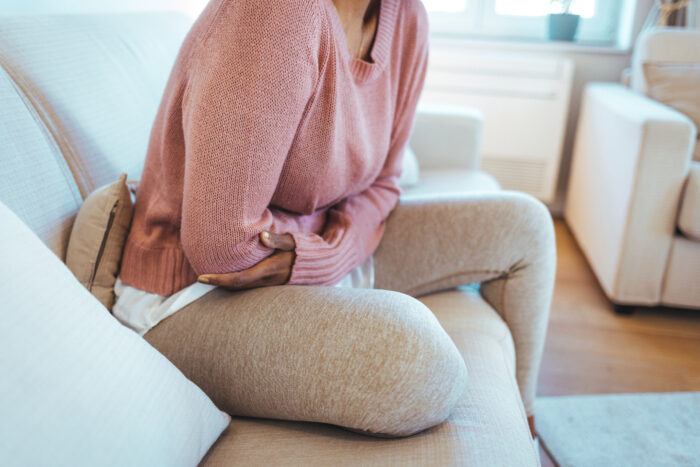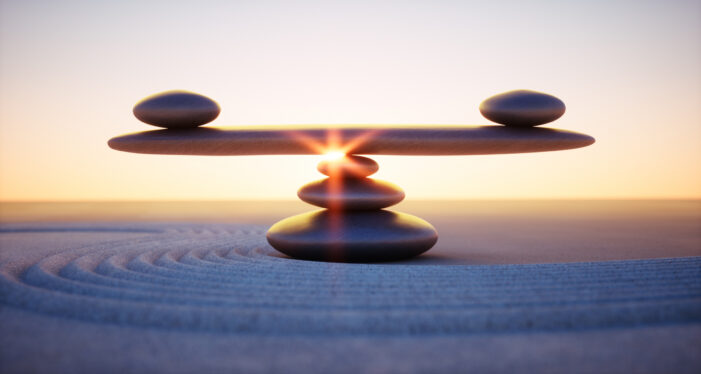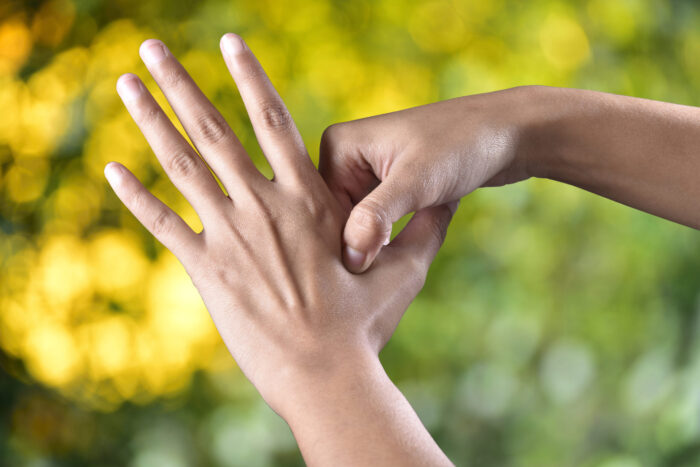
Background on painful periods
Acupuncture and Chinese medicine can be a great support for painful periods. This condition is called dysmenorrhea. The American College of Obstetricians and Gynecologists shares that more than half of women who menstruate have some pain for 1 to 2 days each month. For some women, this pain can be mild. But for other women, the pain can be so severe that it keeps them from doing their normal activities for several days a month or more. Women have many options to get support for dysmenorrhea. One of those options is acupuncture and Chinese medicine.
Why acupuncture and Chinese medicine are a great option for supporting painful periods
Here are some of the many reasons why acupuncture and Chinese medicine are a great option for supporting dysmenorrhea:
- It is oldest recorded medicine and is thousands of years old
- It focuses on whole body wellness
- It takes a holistic approach – body, mind, and spirit
- An emotional or mental event is just as important as a physical one
- It focuses on the individual
- It is complementary to other healing modalities, including western medicine, massage, chiropractic, therapy, and others
Getting to the root cause
When I’m working with a patient who has painful periods, it’s important to understand the root cause. Chinese medicine is individualized. There is no one size fits all treatment strategy. For example, we might have five women experiencing painful periods. But each one may be experiencing pain for very different reasons, and it’s important to understand why and what’s going on with each woman at a foundational level so I can understand the root cause and give her the specific support she needs.
I ask a lot of questions about menstrual cycles, including:
- Average cycle length
- How many days of bleeding
- The quality of the blood (color, thickness)
- Where is the pain, how many days does it last, and when in the cycle does it occur
- Are there any premenstrual syndrome (PMS) or post-menstrual symptoms that are noteworthy
- Is there spotting before or after the period
- Has the patient had any diagnoses of cysts, endometriosis, fibroids, or polycystic ovary syndrome (PCOS)
Diagnosing from a Chinese medicine perspective
In addition to the menstrual cycle questions that I shared above, I ask questions about all facets of the patient’s overall health, health history, and lifestyle. I start to form an opinion on the root cause of the pain, and then when I see the patient in my office, I also feel their pulses and look at their tongue. This gives me additional insight into what is going on in their body.
Dysmenorrhea can result from a number of different kinds of disruptions to the body’s energetic pathways and energy flow. For example, painful periods often result from qi stagnation, cold stagnation, or blood stagnation. Qi refers to energy, or life force. We have channels of energy that flow through our bodies just like we have arteries and veins. One thing that’s key for optimal health and wellbeing is the free and smooth flow of qi. When our qi stagnates, pain can result. Additionally, if we have too much cold energy in our body, in particular in the uterus, the accumulation of cold can result in painful periods. I gather all of this information to create a diagnosis to treat the root cause and balance the patient’s energy so that their body can then heal itself and restore smooth menstrual cycles.
Want to talk about how acupuncture and Chinese medicine can help you with painful periods? If so, I’d love to hear from you. Reach out and email me through our website or call or text 910-622-4269.
About the Author
Ericca Burke is the owner of HAVEN Acupuncture & Chinese Medicine where she provides acupuncture and Chinese medicine treatments in Wilmington, NC. Click this link to read more about Ericca.
About HAVEN Acupuncture & Chinese Medicine in Wilmington, NC
HAVEN Acupuncture & Chinese Medicine is an acupuncture and Chinese medicine practice located in Wilmington, NC just minutes from beautiful Wrightsville Beach. Click this link for contact information and directions. Click this link for a listing and description of services offered.



